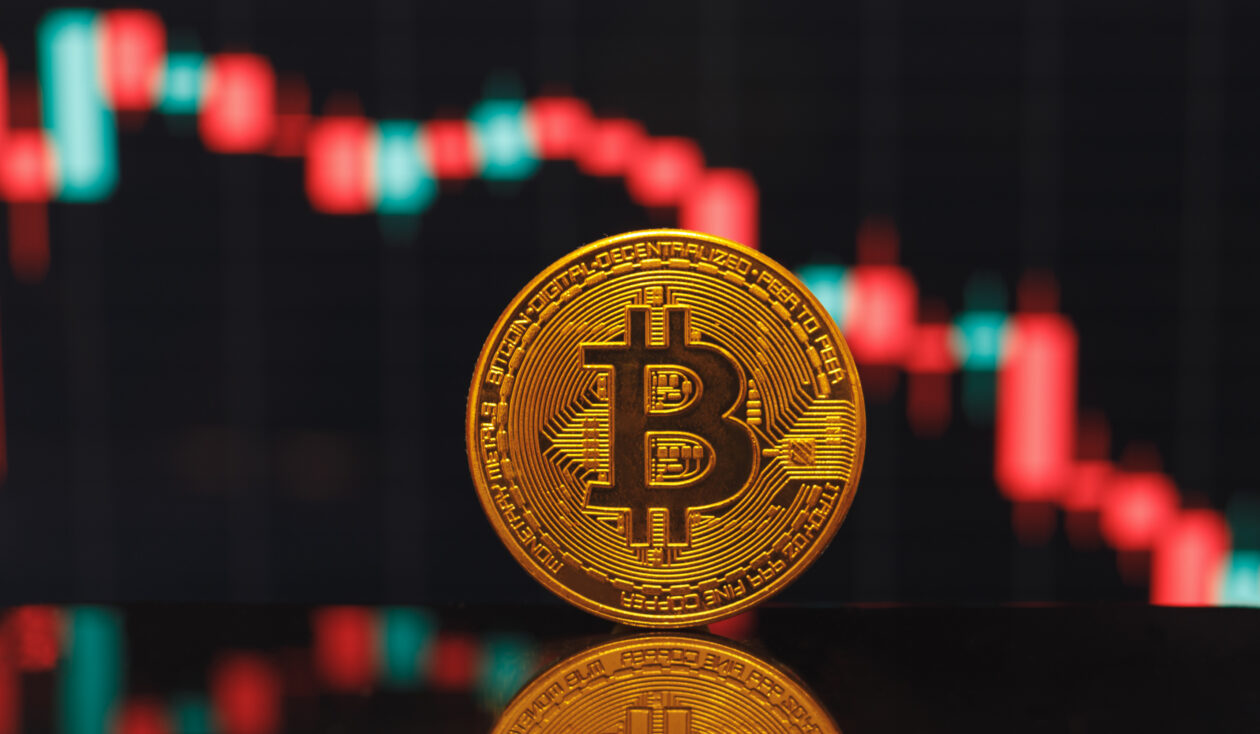Bitcoin extended losses in Monday afternoon trade in Asia, along with all top 10 non-stablecoin cryptocurrencies by market capitalization, with Solana and Polygon as the biggest losers. Asian equity markets declined after U.S. stock futures took a dive, as investors await a slew of economic data this week that may offer more insight into future interest rate increases.
See related article: Bitcoin’s mempool congestion eases after millionth Ordinals inscription
Fast facts
- Bitcoin, the world’s largest cryptocurrency by market capitalization, fell 0.95% to US$27,463 in 24 hours to 4 p.m. in Hong Kong, after losing 8.06% on the week, according to CoinMarketCap data.
- Michaël van de Poppe, the founder and chief executive officer of trading platform Eight, tweeted: “I’m expecting bullish divergences in US$26,500-27,000 (Monday dump day) and then recovery to US$29,200.”
- Ethereum dropped 1.5% to US$1,845, and has lost 11.75% in the last seven days. The second-biggest cryptocurrency has been losing most of its gains since April 12, after the Ethereum blockchain completed the Shanghai hard fork.
- Solana and Polygon led the losers. Solana declined 3.78% to US$21.28 in 24 hours, and lost 15.34% over the last seven days. Polygon’s Matic token decreased 3.52% to US$0.9909, bringing its weekly losses to 14.87%.
- The total cryptocurrency market capitalization dropped 1.19% to US$1.16 trillion, while crypto market volume gained 7.28% to US$32.72 billion in 24 hours.
- The Forkast 500 NFT index fell 1.13% to 3,764.5 points on the day and dropped 7.12% on the week. The index is a proxy measure of the performance of the global NFT market and includes 500 eligible smart contracts on any given day. It is managed by CryptoSlam, a sister company of Forkast.News under the Forkast.Labs umbrella.
- Most Asian equity markets dropped on Monday. The Shanghai Composite lost 0.78% and the Shenzhen Component Index fell 1.17%. Hong Kong’s Hang Seng Index declined 0.58% while Japan’s Nikkei 225 strengthened 0.1%.
- “The official national accounts show that China’s economy rebounded more strongly than expected following the relaxation of the government’s zero-Covid policy,” said David Rees, senior emerging markets economist at Schroders.
- “Leading indicators have long been pointing to a cyclical recovery in China’s economy into Q3 2023, which should be boosted by some further release of pent-up demand as unemployment falls and confidence recovers,” Rees added.
- European bourses were mixed on Monday, as investors anticipated earnings reports from major banks like Barclays, Santander, Deutsche Bank, UBS and Credit Suisse later this week. The benchmark STOXX 600 slid 0.087% while Germany’s DAX 40 rose 0.13%
- U.S. stock futures were mixed on Monday. The Dow Jones Industrial Average inched up 0.066%, the S&P 500 Futures fell 0.39% and the Nasdaq Composite Index rose 0.11%.
- Over a third of S&P 500 companies will release first quarter earnings this week, including tech giants Microsoft, Alphabet, Meta and Amazon.
- The U.S. dollar index fell 0.13% to steady at around 101.5 points, as investors await first quarter U.S. gross domestic product numbers later this week. The euro rose 0.3% to steady above US$1.10.
- Gold rose 0.19% to US$1,986 per ounce on Monday, after losing around 1% on Friday.
- See related article: Crypto firms hardpressed to find U.S. bank partners as industry blames ‘Operation Choke Point 2.0’







